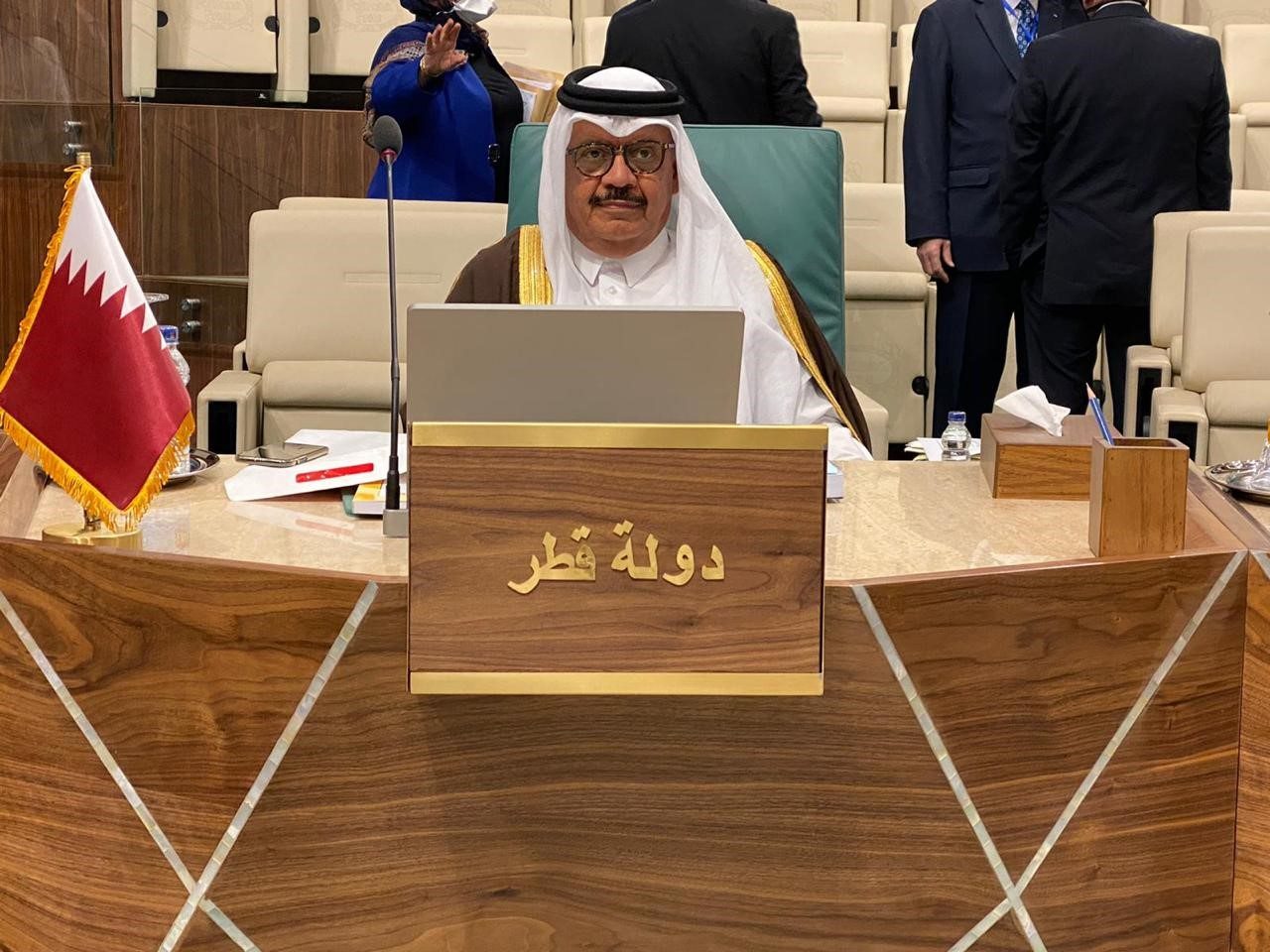Despite being the next in line, Qatar says it will not assume its position this year.
Qatar has refused to head the Arab League’s 154th regular session following Palestine’s resignation from the role in protest at the recent deals struck between two Arab countries and Israel.
The Gulf nation was next in line to assume the role according to alphabetical order, the system adopted by the Arab League to determine who leads the rotating sessions.
In a statement, Qatar said: “We apologise for completing the aforementioned session, which the State of Palestine abandoned, while adhering to the right of the State of Qatar to the next presidency of the 155th session of March 2021.”
On Tuesday, Palestinian Foreign Minister, Riyad al-Maliki, announced his country’s resignation in response to the Arab League’s failure to adopt a draft resolution condemning the normalisation deal between the UAE and Israel.
“The State of Palestine… refuses to record in its history the association of its presidency with the regression in values and principles that was evident in the last meeting of the council of foreign ministers,” said Al-Maliki.
Read also: Qatar dismisses normalisation claims, says its position remains the same

Qatar’s recent move further emphasizes its position on the struggle for Palestinian liberation.
Recently, the country’s Ministry of Foreign Affairs (MOFA) released a statement reaffirming Doha’s refusal to establish ties with Israel unless it ends its illegal occupation. Doha also stressed its support for the establishment of an independent Palestinian state with Jerusalem as its capital.
Earlier this month reports by Saudi and Emirati news outlets claiming that Qatar had agreed to establish diplomatic ties with Israel turned out to be inaccurate.
Qatar’s Assistant Foreign Minister, Lolwah Al-khater, addressed such claims by stating that “normalisation can’t be the answer” to the Palesinian issue as the problem as far as Qatar is concerned lies in the occupation of Arab land and the mistreatment of Palestinians.
Contradiction of past resolution
Foreign Minister Al-Malki said that the Arab League’s refusal to adopt his country’s resolution went against its own principles regarding the illegal occupation of Palestine.
In 2002, the Arab League adopted the Arab Peace Initiative, which was proposed by Saudi Arabia. The plan, endorsed by all 22 members of the league, called for the full withdrawal of Israel from Palestinian lands illegally occupied since 1967 in exchange for peaceful ties with Arab nations.
Power centres have shifted in the Arab world since 2002, consequently the League’s refusal to condemn the deals struck between the UAE, Bahrain and Israel was not all that surprising for many.
“What happened is clear and expected. The coalition supporting the UAE is the strongest in the Arab League and the most influential,” Ahmed Majdalani, Palestine Liberation Organization (PLO) Executive Committee member, told Anadolu Agency.
Follow Doha News on Twitter, Instagram, Facebook and Youtube







